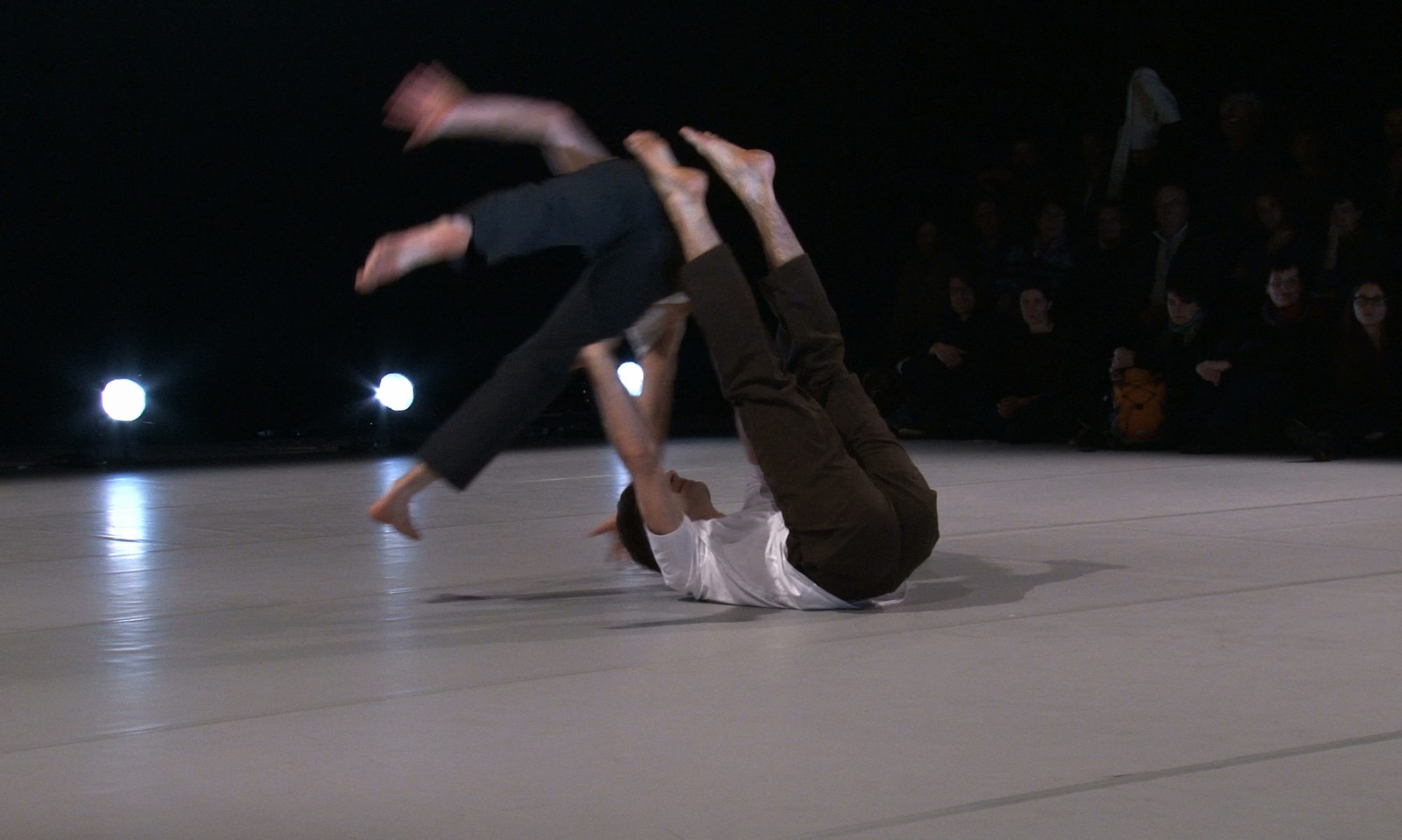“I want to encourage doubt about [the] presumption that representations (that is, their meaning or content) are more accessible to us than the things they supposedly represent. If there is no magic language through which we can unerringly reach out directly to its referents, why should we think there is nevertheless a language that magically enables us to reach out directly to its sense or representational content? The presumption that we can know what we mean, or what our verbal performances say, more readily than we can know the objects those sayings are about is a Cartesian legacy, a linguistic variation on Descartes’ insistence that we have a direct and privileged access to the contents of our thoughts which we lack towards the “external” world. ” – Joseph Rouse
Methods and Models

A Contradiction
Practice-led researchers are formulating a third species of research, one that stands in alignment with, but separate to, the established quantitative and qualitative research traditions. – p. 22
‘the research methods of the hard sciences are closer to those of research in the arts than the methods and models of the humanities’. – p. 40
The difference, perhaps, is that the mathematical problem also has an answer while an arts practice is not analytic in this way. – p. 63
(all from Practice as Research in the Arts by Robin Nelson 2013)
I would propose that the last quotation contradicts the previous two. In the third, Nelson writes that an arts practice is not analytical and cannot have an answer. Why can’t an arts practice be analytical in the same/similar way? PaR’ers are, after all, creating a third species of research, and the arts are closer to the hard sciences than the humanities.
This third species that Nelson writes about quoting Brad Haseman, if the arts are closer to the hard sciences, could then be an analytical artistic practice.
The Practice of Discipline
“This new provision meant a lot to endangered arts departments, departing from the usually held opinion that they did not belong in the academy because they were applied disciplines…” Nelson, p. 119
Could the argument be made that the hard sciences are applied disciplines? And if so, why are they in the academy?
Live vs. Video
Has there been a study of the difference in activation of mirror neurons when watching a live or recorded dance?
In people who are trained in the dance style?
In people who are not trained in the dance style?
How about watching a video of one’s self vs. a video of someone else?
Dance is Research
We can define science as the systematic study of the natural world through observation and experiment, yielding an organized body of knowledge on a particular subject. The human [body] is undeniably a suitable subject for scientific study, and one purpose of [dance] is careful observation of one’s own [body]. This observation reveals consistent patterns that [dancers] share with one another and with teachers who direct their practice. Master [dancers] weigh these observations against their own experience and knowledge passed down from previous generations of [dance] masters, thereby generating models of the [body]. Over thousands of years, [dancers] have tested, refined, and reworked their models of the [body] based on new insights as later generations developed new [dance] techniques. Thus, over time, an organized body of knowledge has accumulated describing the nature and behavior of the [body] at a very fine level of resolution. This is one sense in which certain forms of [dance] qualify as science.
excerpted and altered from https://blogs.scientificamerican.com/guest-blog/your-brain-as-laboratory-the-science-of-meditation/
“Yes, And” to cross the divide
The universe is made of stories, not of atoms. -Muriel Rukeyser, poet and activist (15 Dec 1913-1980)
A nice sentiment, but a rather negative anti-science tone, which merely continues the unnecessary and unproductive divide between the “hard” and “soft” sciences. Muriel could have written: The universe is made of stories AND of atoms.
The existence of stories does not exclude the existence of atoms. And vice-versa.
It is kind of a nice story, how the idea came about. As Kelly said, we have stories because we have atoms.
STP
research
Humanity also needs dreamers, for whom the disinterested development of an enterprise is so captivating that it becomes impossible for them to devote their care to their own material profit. Without doubt, these dreamers do not deserve wealth, because they do not desire it. Even so, a well-organized society should assure to such workers the efficient means of accomplishing their task, in a life freed from material care and freely consecrated to research.
-Marie Curie, scientist, Nobel laureate (7 Nov 1867-1934)
research

Replace the word research with art and scientist and researcher with artist.
“Art creates knowledge and builds on its own achievements. Any active artist must have access to other researchers’ results, no matter how dated these results may be.”
This makes me think of some conversations I have had with other choreographers.
Some don’t go see work anymore because they don’t like anything they see. Some don’t see certain kinds of work because they think it is dated. I would say that ways of looking at work, engaging with it become dated faster than the works themselves. Not seeing work removes one from the wider discourse.

